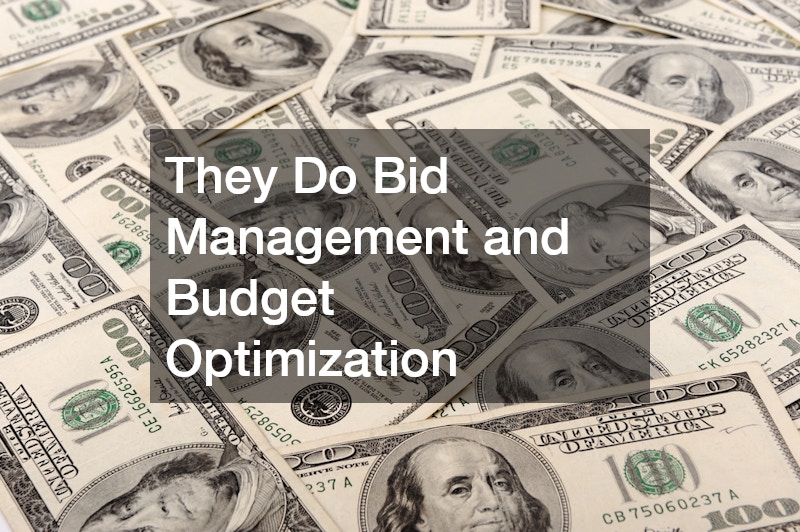
A paid search agency is a specialized partner that helps businesses develop, implement, and manage advertising campaigns on search engines such as Google, Bing, and Yahoo. In an increasingly competitive digital landscape, these agencies have become essential for companies looking to increase their online visibility, drive traffic, and ultimately, generate revenue. But what exactly does a paid search agency do? Let’s dive into the various functions and responsibilities of these agencies.
Strategic Planning and Consultation
At the heart of any successful paid search campaign is a well-thought-out strategy. A paid search agency begins by working closely with its clients to understand their business objectives, target audience, and competitive landscape.
This involves identifying key performance indicators (KPIs), such as cost per acquisition (CPA), return on ad spend (ROAS), and conversion rates. Through thorough market research and competitor analysis, the agency formulates a comprehensive paid search strategy designed to achieve the client’s specific goals.
Keyword Research and Selection
One of the foundational tasks of a paid search agency is keyword research. Keywords are the bridge between what potential customers are searching for and the content you provide. Agencies use various tools and methodologies to identify the most relevant and profitable keywords for their client’s industry. They analyze search volumes, competition levels, and the intent behind each search query. By selecting a mix of high-intent, long-tail, and branded keywords, agencies can target a broader audience while optimizing for conversion efficiency.
Ad Creation and Copywriting
Once the strategy and keywords are in place, the next step is creating compelling ad copy that captures the attention of potential customers. Paid search agencies craft ads that not only highlight the client’s products or services but also include a clear call-to-action (CTA) that encourages users to click. The ad copy is tailored to the nuances of different search engines and platforms, ensuring that it meets character limits and adheres to advertising policies. A/B testing is often employed to experiment with different headlines, descriptions, and display URLs, enabling the agency to determine which versions yield the best performance.
Campaign Setup and Structure
A paid search agency is responsible for setting up campaigns in the advertising platform. This involves organizing campaigns into ad groups, each targeting a specific set of keywords or themes. The structure is crucial for maintaining relevance and improving Quality Scores—a metric used by search engines like Google to determine ad placement and cost-per-click (CPC). By grouping related keywords and tailoring ad copy to each group, the agency ensures that users see highly relevant ads, which improves both click-through rates (CTR) and conversion rates.
Bid Management and Budget Optimization
Paid search advertising operates on a bidding system where advertisers compete for ad placement based on bid amounts and ad quality. Managing these bids is a complex task that requires constant attention. A paid search agency uses automated bidding strategies and manual adjustments to optimize ad spend. Their goal is to achieve the best possible position for ads without overspending. This involves real-time monitoring and adjusting bids based on factors like time of day, competition, device type, and user demographics. Through continuous optimization, agencies ensure that every dollar spent contributes to achieving the desired business outcomes.
Landing Page Optimization
Driving traffic to a website is only part of the equation; converting that traffic into customers is another. Many paid search agencies work closely with web designers and developers to optimize landing pages where ad traffic is directed. They conduct A/B tests to refine elements such as headlines, images, and CTA buttons, ensuring that the landing page provides a seamless experience that aligns with the promise made in the ad. By improving the landing page, agencies can reduce bounce rates and increase conversion rates, ultimately enhancing the overall ROI of the campaign.
Performance Tracking and Analytics
One of the key advantages of paid search advertising is the ability to track performance metrics in real time. Paid search agencies utilize analytics tools like Google Analytics and other third-party platforms to monitor campaign performance closely. They track various metrics, including impressions, clicks, CTR, conversion rates, and cost-per-click, to gauge the success of each campaign. Detailed reporting helps agencies understand which aspects of the campaign are working and where adjustments are needed. This data-driven approach ensures that strategies are continually refined to maximize effectiveness.
Continuous Optimization and Testing
Paid search campaigns are dynamic, and what works today might not work tomorrow. A reputable paid search agency commits to continuous optimization. This means regularly testing new ad copy, keywords, and landing page designs. They also keep a close eye on industry trends and changes in search engine algorithms to ensure that campaigns remain compliant and competitive. By embracing a test-and-learn mentality, agencies can adapt to market shifts and maintain high performance over time.
Watch the video above to learn more about what a paid search agency does!
.




